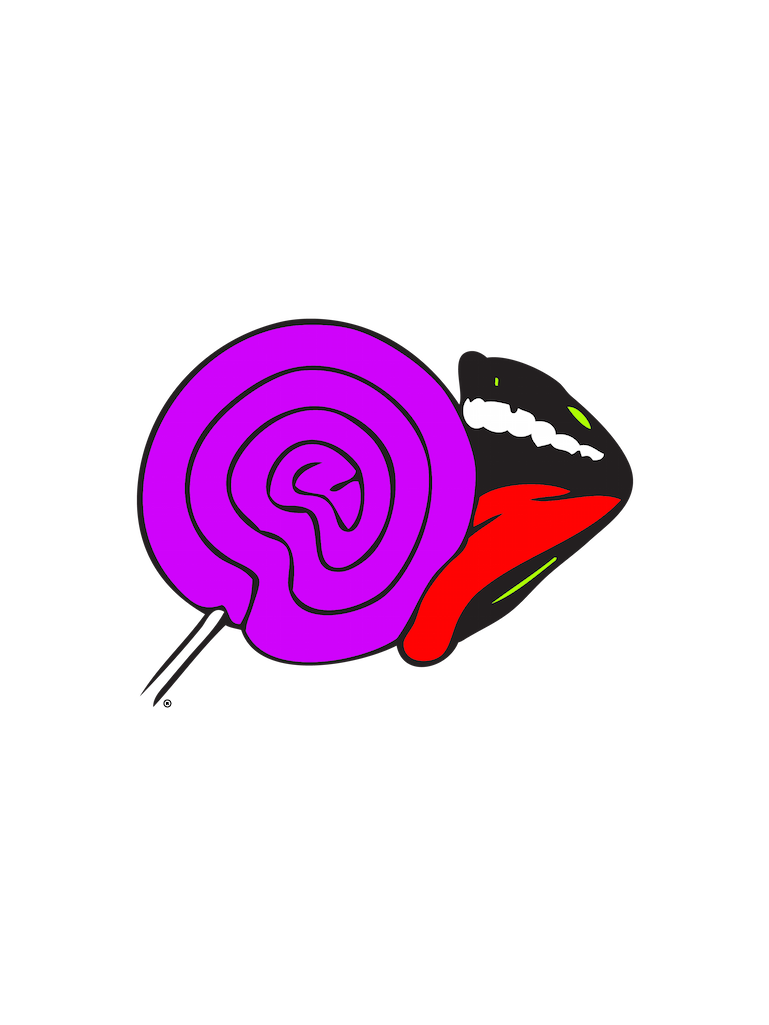Taking it back with Grand Master Melle Mel
If you asked the average young hip-hop head these days who is the godfather of hip-hop, they might say Jay-z or Nas. Or if they are really young, they might say Kanye, Kendrick or Drake. Legends. Yes, but little do they know, the true godfather of Hip-hop, Melle Mel, still lives. Kendrick looks up to Nas, Nas looked up to Rakim, and Rakim looked up to Melle Mel. Read on to understand why Melle Mel is the Godfather of Hip-hop.
Now most kats my age don't even know about Melle Mel, let alone think he is some kind of pioneer of Hip-Hop or rap music. I had the pleasure of being introduced to this early 80's style of music as a young high schooler joining a break dance crew at age 14. All we listened to was 80's Hip-Hop and electronica for the first couple years of high school. Part of this was by choice and the other because my pops cracked my Nelly CD after listening to 'Country Grammar' and my 'Word of Mouf' CD after listening to 'Cadillac Grills'. So I was banned from Hip-hop from my era for quite some time...well until I figured out a way to sneak it in the crib. Anyways...back to Melle Mel's story..
It all started a long long time ago in a foreign land called New York...
Grandmaster Flash & The Furious Five began recording for Enjoy Records and released one of the very first hip-hop singles "Superrappin'" in 1979. They later moved on to Sugarhill Records and there they would release numerous singles, gaining a gold disc for "Freedom," and began touring. The story of why how the word Hip-hop originated is actually mad funny. So a member of the group, Cowboy created the term "hip-hop" while teasing a friend who had just joined the US Army, by scat singing the words "hip/hop/hip/hop" in a way that mimicked the rhythmic cadence of marching soldiers.
In 1982 Melle Mel began to turn to the more socially aware subject matter which would initially help catipult him in becoming a godfather of hip-hop. He touched on similar political and social issues as we can relate to in this era. His subject matter began to reflect the Reagan administration's economic (Reaganomics) and drug policies, and their effect on the black community. A song entitled "The Message" became an instant classic and one of the first glimmers of conscious hip-hop. Other than Melle Mel, no members of the Grandmaster Flash & The Furious Five actually appear on the record. "The Message" went platinum in less than a month and was the first hip-hop record ever to be added to the United States National Archive of Historic Recordings and the first Hip Hop record inducted into the Grammy Hall of Fame. Mel would also go on to write songs about struggling life in New York City ("New York, New York"), and making it through life in general ("Survival (The Message 2)"). Grandmaster Flash split from the group after contract disputes between Melle Mel and their promoter Sylvia Robinson in regard to royalties for "The Message". When Flash filed a lawsuit against Sugar Hill Records, their label, the factions of The Furious Five parted.
Melle Mel then became known as "Grandmaster Melle Mel" and the leader of the Furious Five. The group went on to produce the anti-drug song "White Lines" (the unofficial music video starred up-and-coming actor Laurence Fishburne and was directed by then unknown film student Spike Lee). Mel gained even higher success appearing in the movie Beat Street, with a song based on the movie's title. He became the first rap artist ever to win a Grammy award for "Record of the Year" after performing a memorable rap on Chaka Khan's smash hit song "I Feel for You" which introduced hip-hop to the mainstream R&B audience. Grandmaster Melle Mel & The Furious Five had further hits with "Step Off", "Pump Me Up", "King of the Streets", "Jesse", and "Vice", the latter being released on the soundtrack to the TV show Miami Vice. "Jesse" was a highly political song which urged people to vote for then presidential candidate Jesse Jackson.
Being an Emcee and Recording Artist myself, I feel it is impossible to even call yourself a Hip-Hop artist without paying homage to the legends like Melle Mel. For it is them who laid the platform for us to be able to touch others by speaking some words into a microphone. They are the reason why the Jay-Z's, Drake's and Kanye's can make millions off of rap music. (well that and hustling your ass off) They are the reason people from all different races and creeds are able to get some sort of insight into our African American culture through mainstream media. They are the reason I have purpose with my music. So thank you Melle Mel for being an inspiration to us all! You are the DAD of hip-hop.

